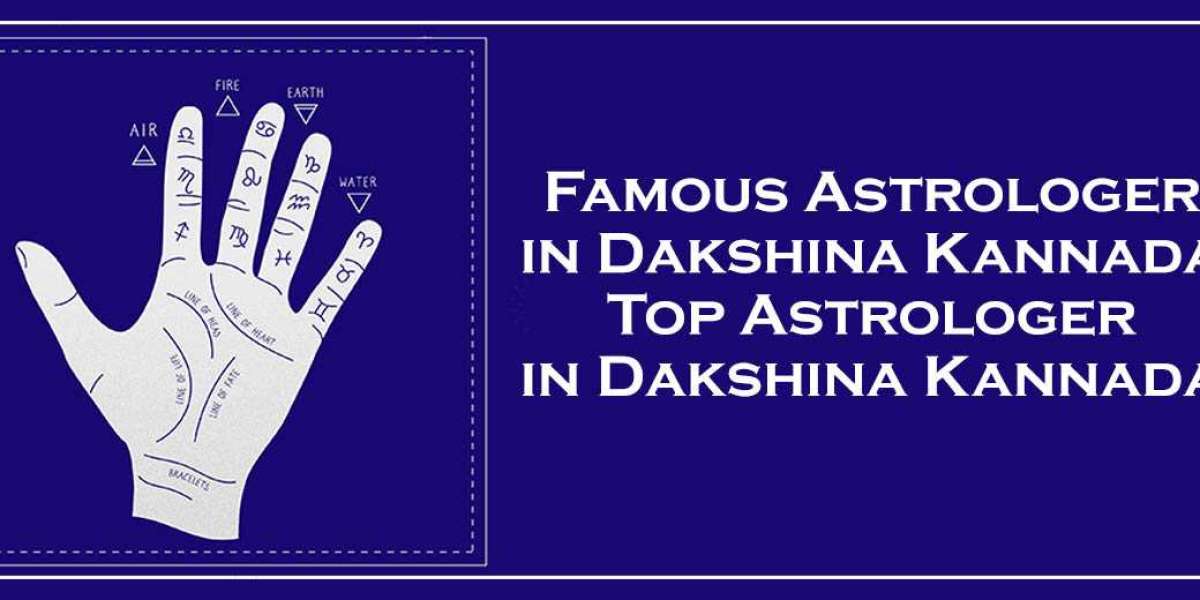What is the EU Blue Card?
The EU Blue Card is a residence and work permit for highly skilled non-EU/EEA nationals. It allows you to live and work in the Netherlands (and other EU member states) while offering a pathway to permanent residency.
Who Can Apply for the EU Blue Card?
You’re eligible if you:
Hold a higher education degree (at least a bachelor’s).
Have a valid work contract or binding job offer in the Netherlands.
Meet the minimum salary threshold set by the Dutch Immigration and Naturalisation Service (IND).
What Are the Salary Requirements?
The salary threshold is updated annually. As of 2025, you’ll need to earn a gross monthly salary that meets or exceeds the IND’s requirement. Always check the latest figures before applying.
How Long is the EU Blue Card Valid?
In the Netherlands, the Blue Card is typically valid for up to 4 years or the duration of your work contract plus 3 months—whichever is shorter.
Can My Family Join Me?
Yes. Your spouse/partner and children can apply for residence permits to join you. They are also allowed to work in the Netherlands without restrictions.
Can I Move to Another EU Country with My Blue Card?
One of the biggest advantages of the EU Blue Card is mobility. After 18 months of legal residence in the Netherlands, you may be eligible to move and work in another EU Blue Card member state without restarting the entire process.
What’s the Difference Between the EU Blue Card and the Highly Skilled Migrant Visa?
While both permits are for skilled professionals, the Blue Card often has stricter requirements (like a university degree). However, it offers added mobility across the EU—making it especially attractive for professionals with international career goals.
How Do I Apply for the EU Blue Card?
Applications are submitted to the IND, usually by your employer (who must be a recognized sponsor). You’ll need to provide:
A valid employment contract.
Proof of qualifications.
Evidence of meeting the salary threshold.
A valid passport and supporting documents.


